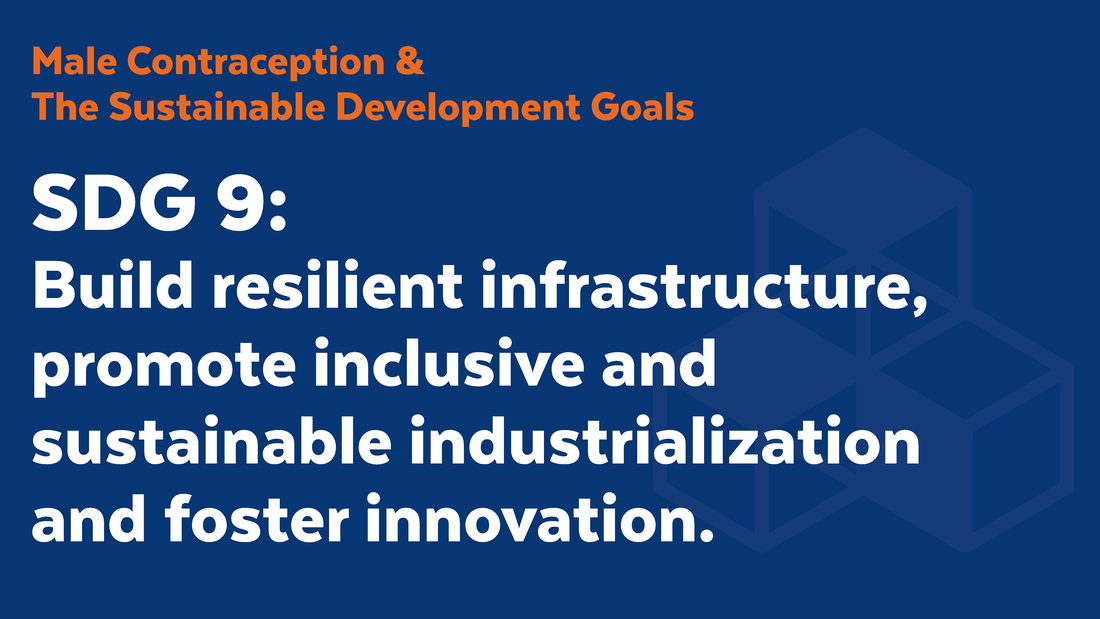|
Building resilient communities, families, and systems is a crucial part of proactively supporting recovery in times of crisis. Rapid population growth leads to an increased demand for infrastructure systems including housing, schools, and health centers. In the absence of sufficient funding or capacity to respond to these increasing demands, existing resources become strained, making them exceedingly vulnerable in times of crisis and more difficult to rebuild in times of recovery. Findings by Husain, et al indicate that, “strong family planning programmes that move countries toward the demographic transition can help people to adapt to, prevent, and recover more quickly from shocks and stresses in a manner that reduces chronic vulnerability and also facilitates inclusive growth”. In addition, the positive impact of family planning programs on the health, economic, and educational outcomes for women contributes directly to resilience. Another critical aspect of resilience is the promotion of sustainable industrialization. High concentrations of people result in higher concentrations of pollutants and wastes. Cities, the most populated and industrialized areas, produce up to 70 percent of global carbon emissions and 1.3 billion tons of waste annually. By reducing unplanned pregnancies, we can decrease the demand for these large systems and simultaneously decrease negative environmental outputs. The Guttmacher Institute reported that unintended pregnancies cost American taxpayers $21 billion each year. A similar analysis in Sub-Saharan Africa indicated that maternal and newborn care costs could be reduced by $4 billion each year if the need for contraceptive methods was fully satisfied. Increasing access to male contraceptive methods can contribute to savings on healthcare costs associated with unintended pregnancies, allowing funds to be allocated to other needs, such as inclusive and sustainable infrastructure. That is why it’s so important to invest in new male contraceptives. Sources/References:
- United Nation’s Department of Economic and Social Affairs’ “The Future is Now: Science for Achieving Sustainable Development (GSDR 2019)” - United Nation’s “Why it matters: Industry, Innovation and Infrastructure” - Investopedia’s “What Are Some of the Drawbacks of Industrialization?” - Guttmacher Insititute’s “Unintended Pregnancies Cost Federal and State Governments $21 Billion In 2010” - Inter-agency Working Group on Reproductive Health in Crises: “Family Planning Saves Lives and Promotes Resilience in Humanitarian Contexts” - Hussein, et al. “Fostering Economic Growth, Equity, and Resilience in Sub-Saharan Africa: The Role of Family Planning”. Population Reference Bureau (2016). - Guttmacher Institute’s “Investing in Sexual and Reproductive Health in Sub-Saharan Africa” Comments are closed.
|
Categories
All
Archives
June 2024
|
|
|
Donate to Male Contraceptive InitiativeYour generous donation makes a difference!
|
© Male Contraceptive Initiative. All rights reserved.


 RSS Feed
RSS Feed
